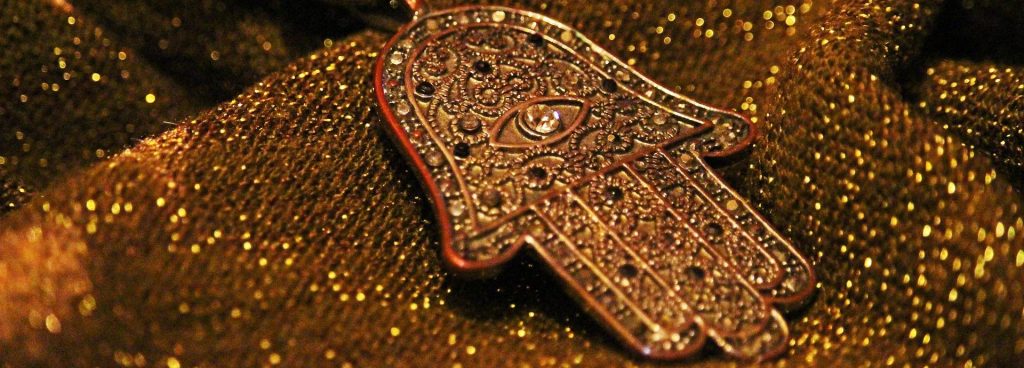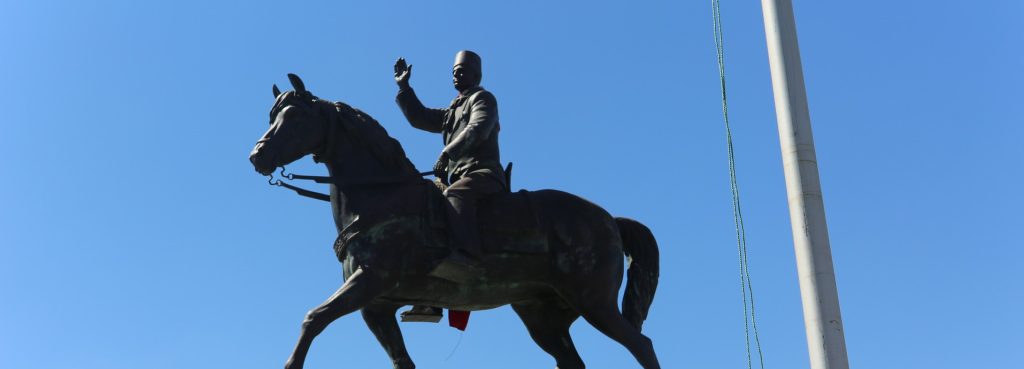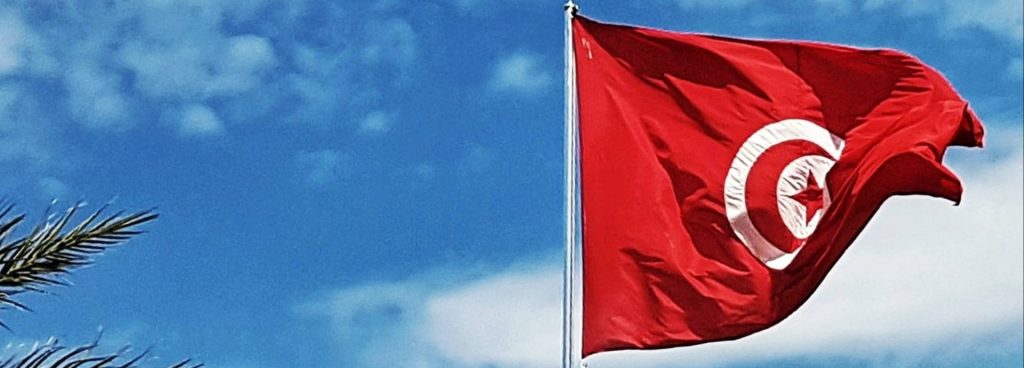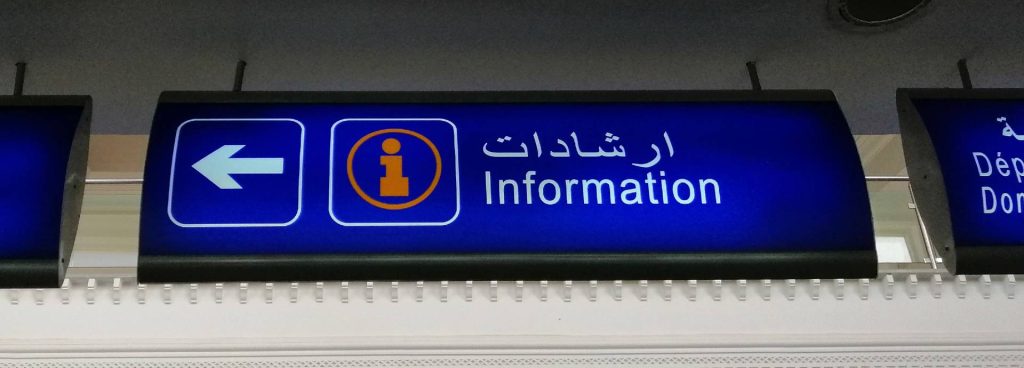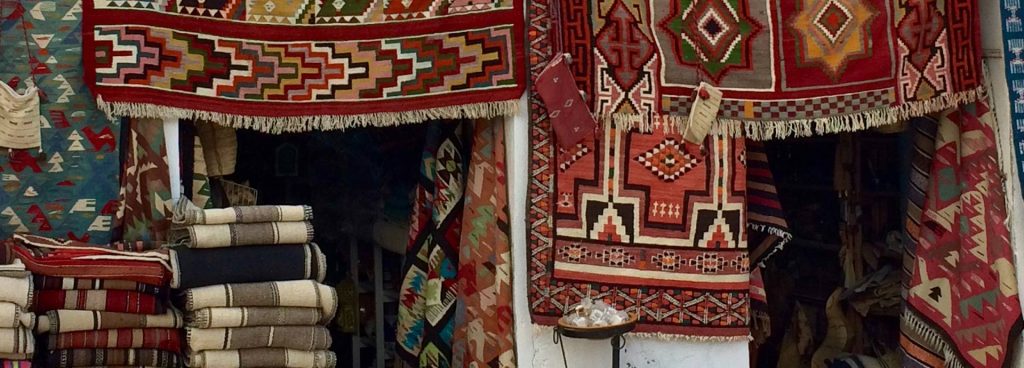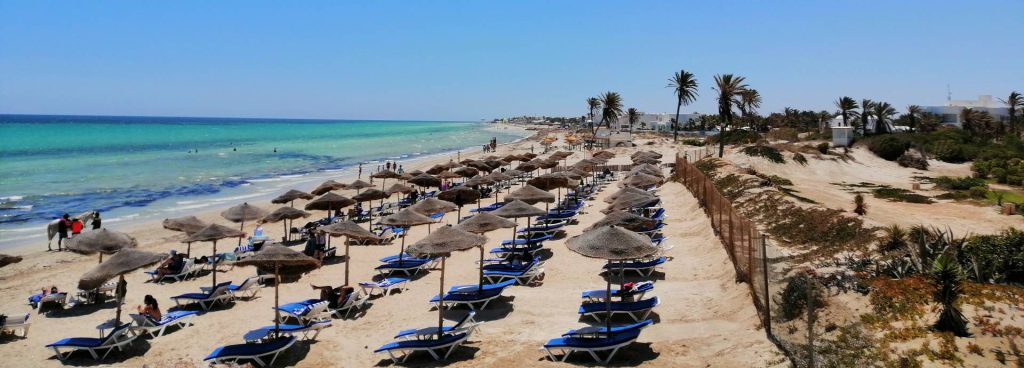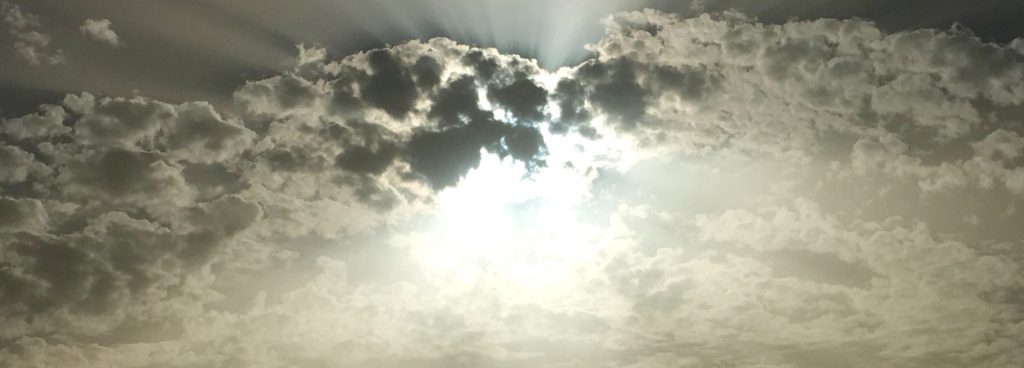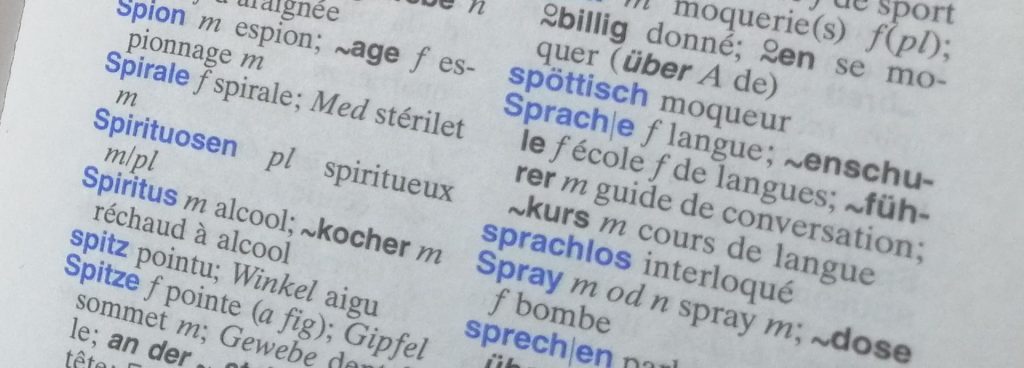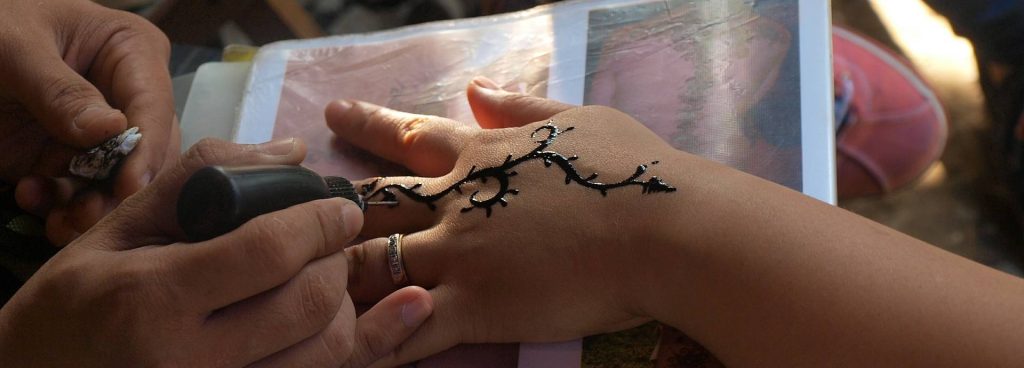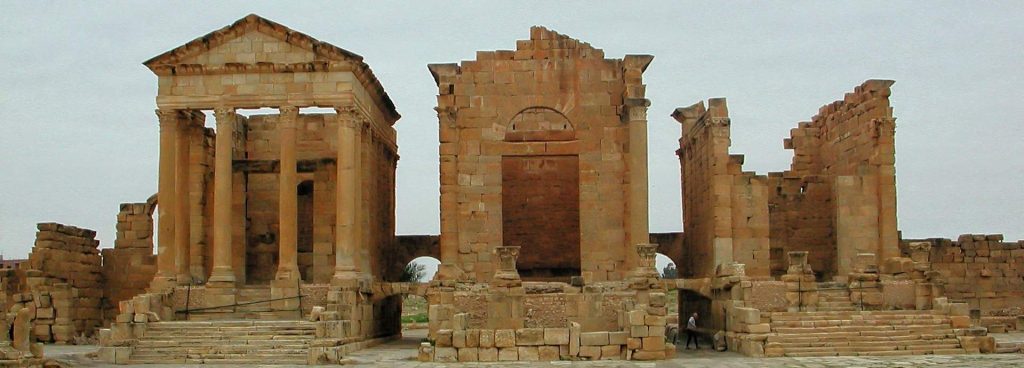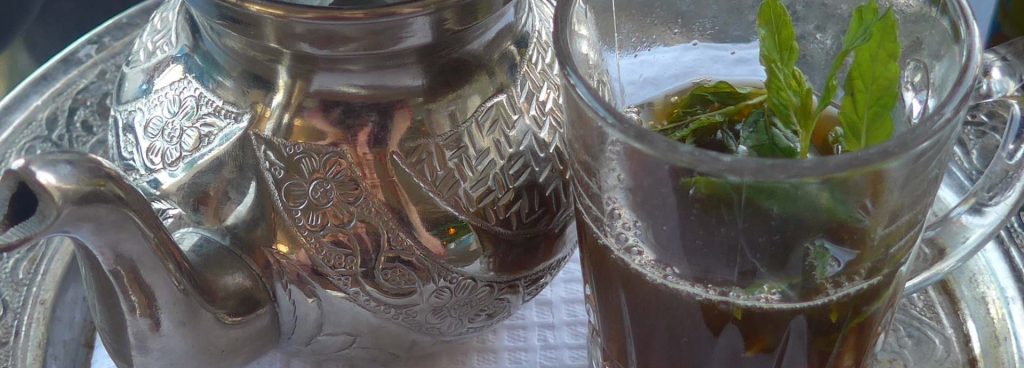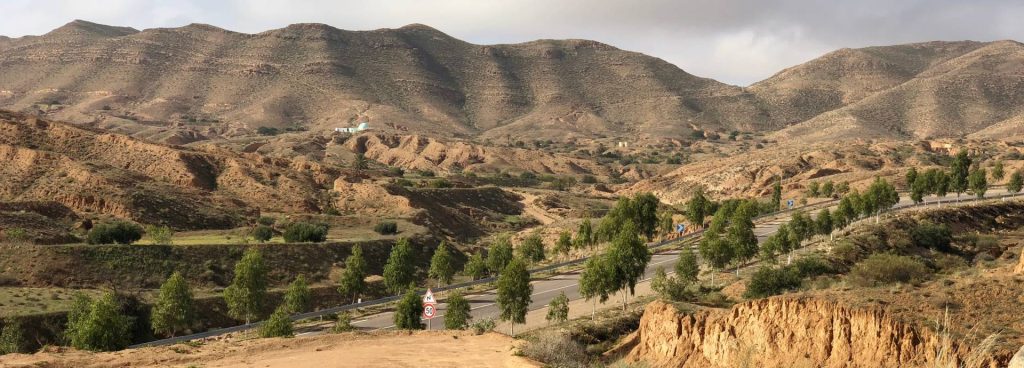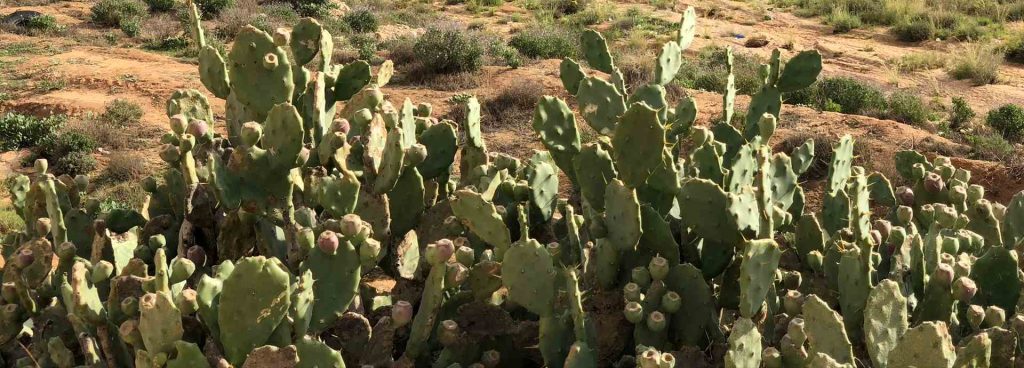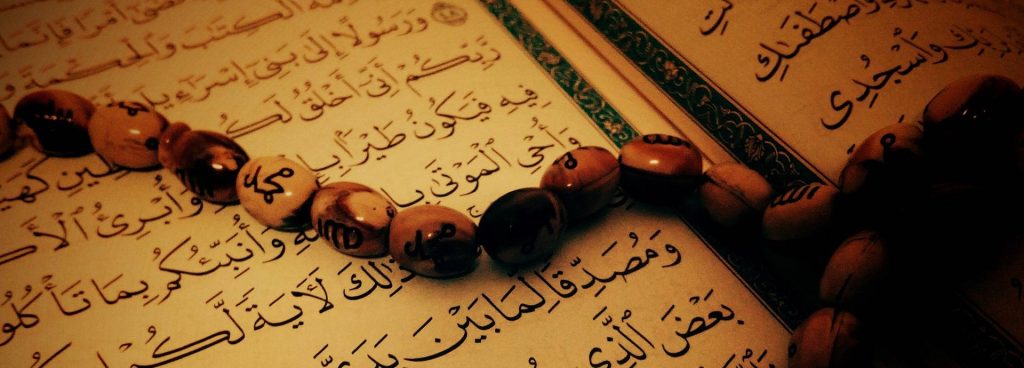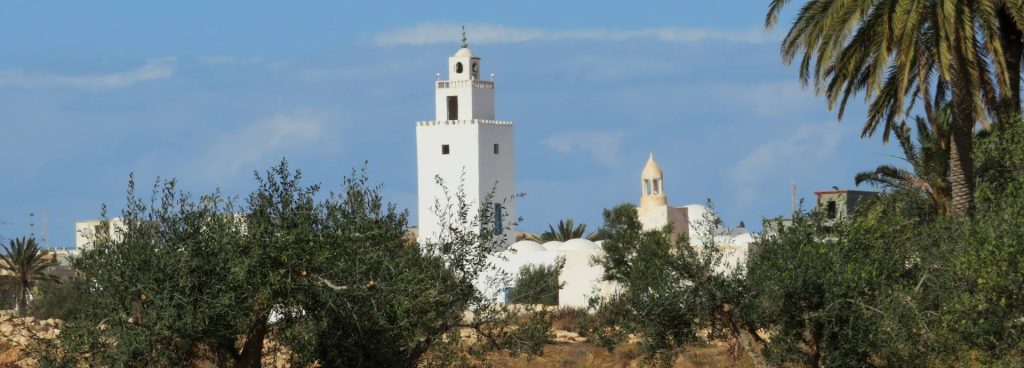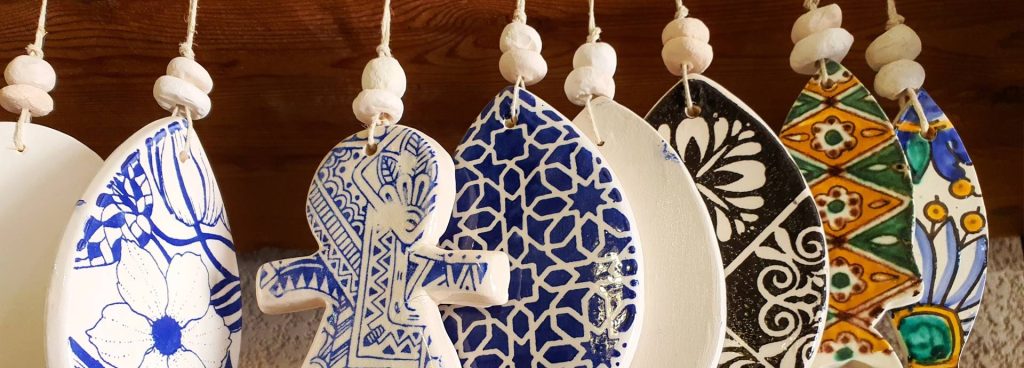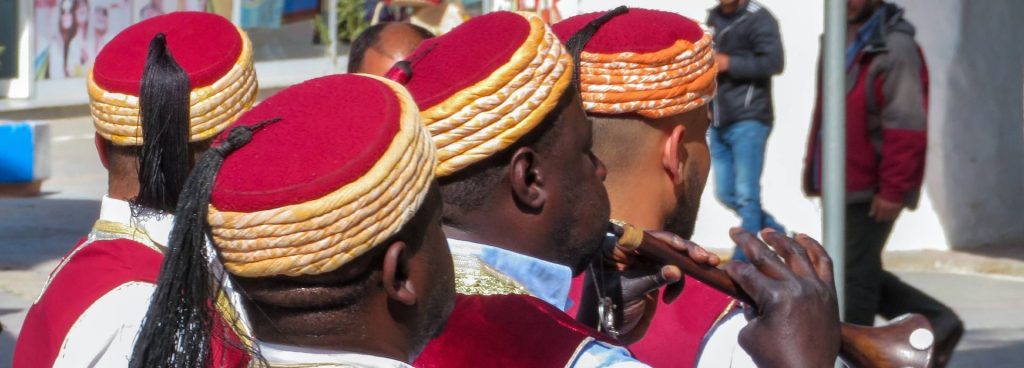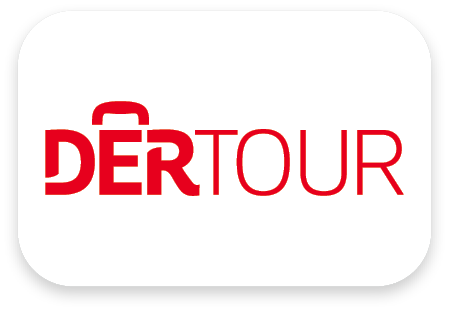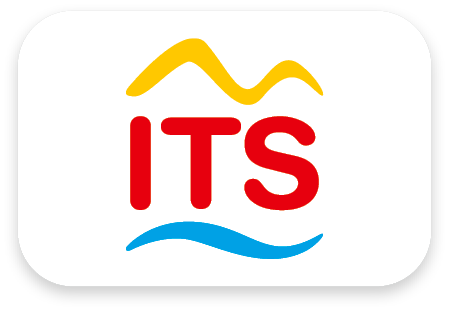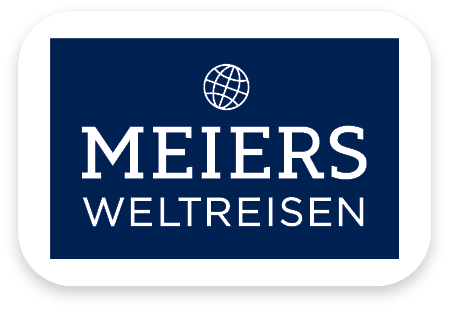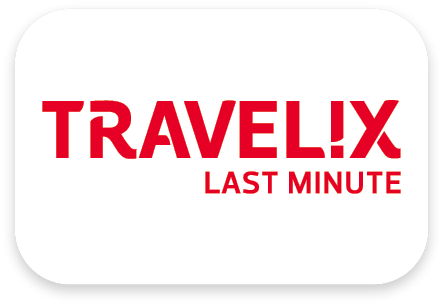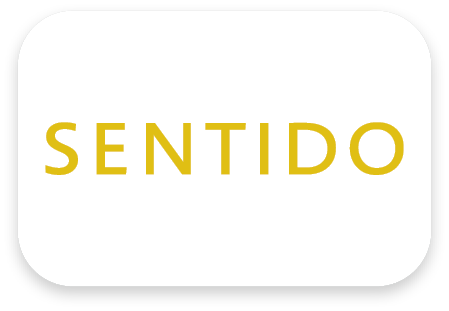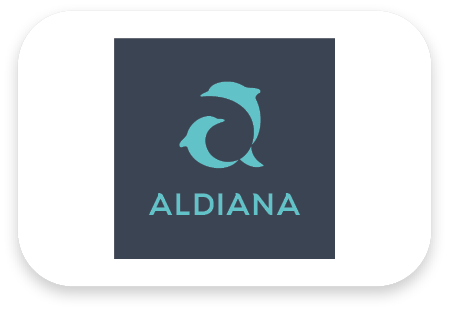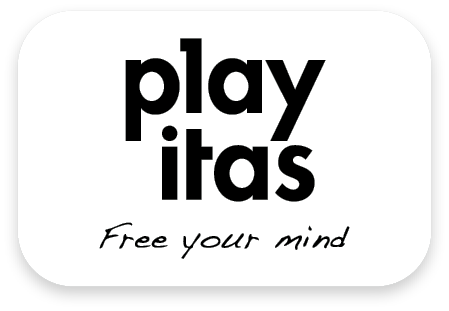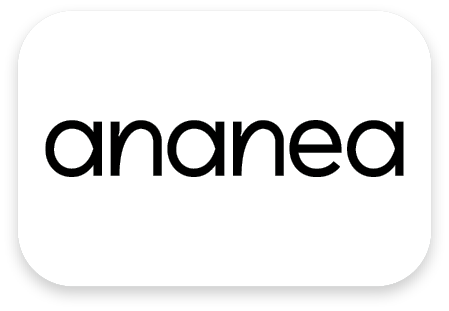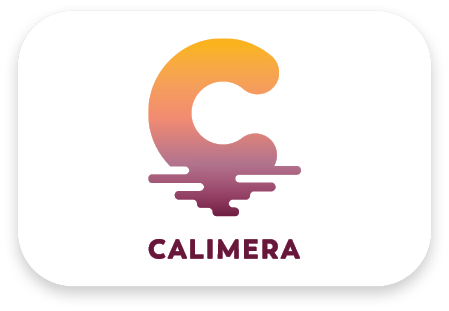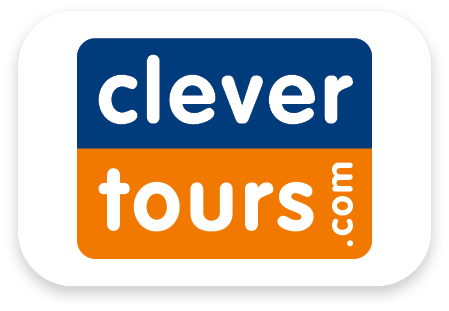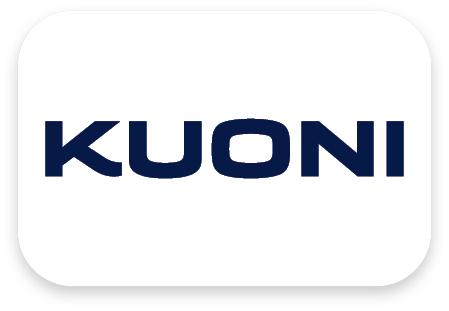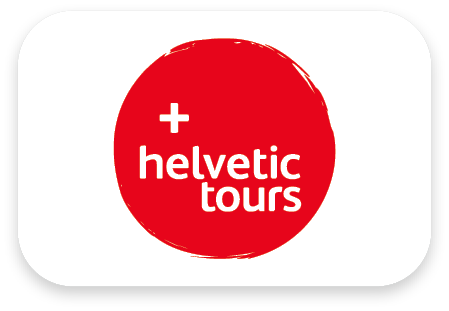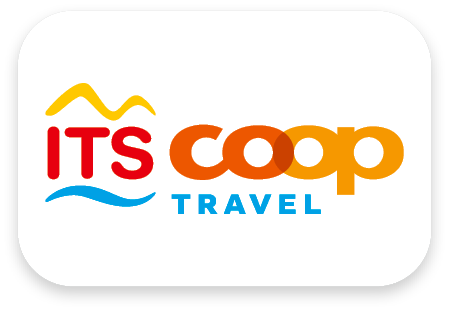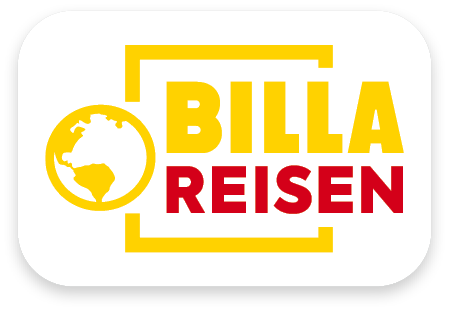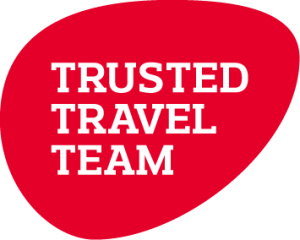The most important vocabulary
Tunisia's state language and mother tongue of almost all residents is Arabic, one of the major world languages spoken by around 150-200 million people in Africa and Asia.
The script that runs from right to left is difficult to learn, each letter has different shapes, depending on whether it is isolated, at the beginning or in the middle of the word. The vowels are either omitted or are merely indicated by ellipses.
Standard Arabic is the language of the Koran that was used by a small elite at the time of writing. Today standard Arabic is rarely spoken, as it is being displaced more and more by the many dialects.
There are many different dialects in Arabic. The Tunisian colloquial language is the Maghreb dialect, which contains numerous Berber loanwords and also differs greatly from Standard Arabic in pronunciation. Berber dialects are mainly spoken in the outer south of Tunisia or on the island of Djerba.
In addition to Arabic, French is still widely used as an educational and negotiating language. Official documents or announcements appear in most cases in two languages - in French and Standard Arabic.
| German | Tunisian Arabic |
| Welcome! | Marhaba! |
| Hello | Salem |
| Good day | aslemma |
| Goodbye! | Belamma |
| Good evening | Massa Elkhir |
| Good night | Tessbah Alakhir |
| How are you? | Schna-Hualik? |
| It goes well | Labess |
| Thank God! | Hamdullah! |
| Thank You | Schukran |
| Please (in a question) | Min fadlek |
| Please (as an answer) | Aischek |
| How much is it? | Kadesh som hadha? |
| Ja | na: am |
| No | lä |
| Good - okay | Bahi |
| German | French |
| Welcome! | Welcome! |
| Hello | Mental |
| Good day | Hello |
| Goodbye! | Au revoir |
| Good evening | Bonsoir |
| Good night | Good night |
| How are you? | How is it going? |
| It goes well | Things are going well |
| Thank God! | Thank you! |
| Thank You | Thank you |
| Please (in a question) | S'il vous plaît |
| Please (as an answer) | You're welcome |
| How much is it? | How about combien? |
| Ja | Yes |
| No | No |
| Good - okay | C'est bon |

